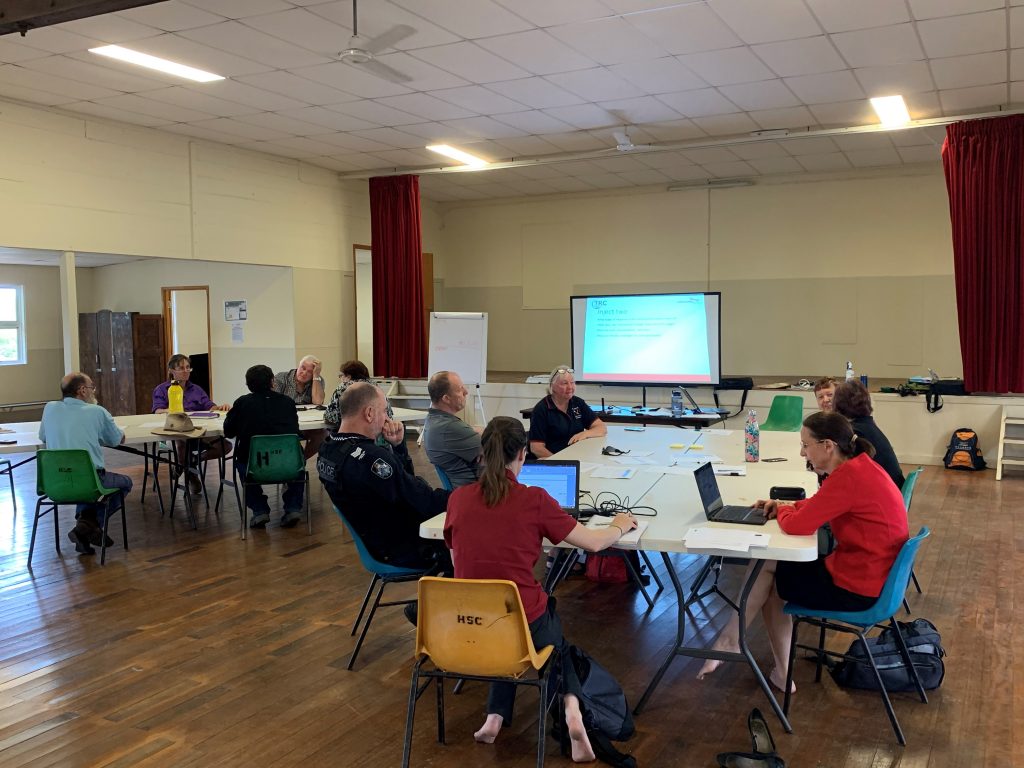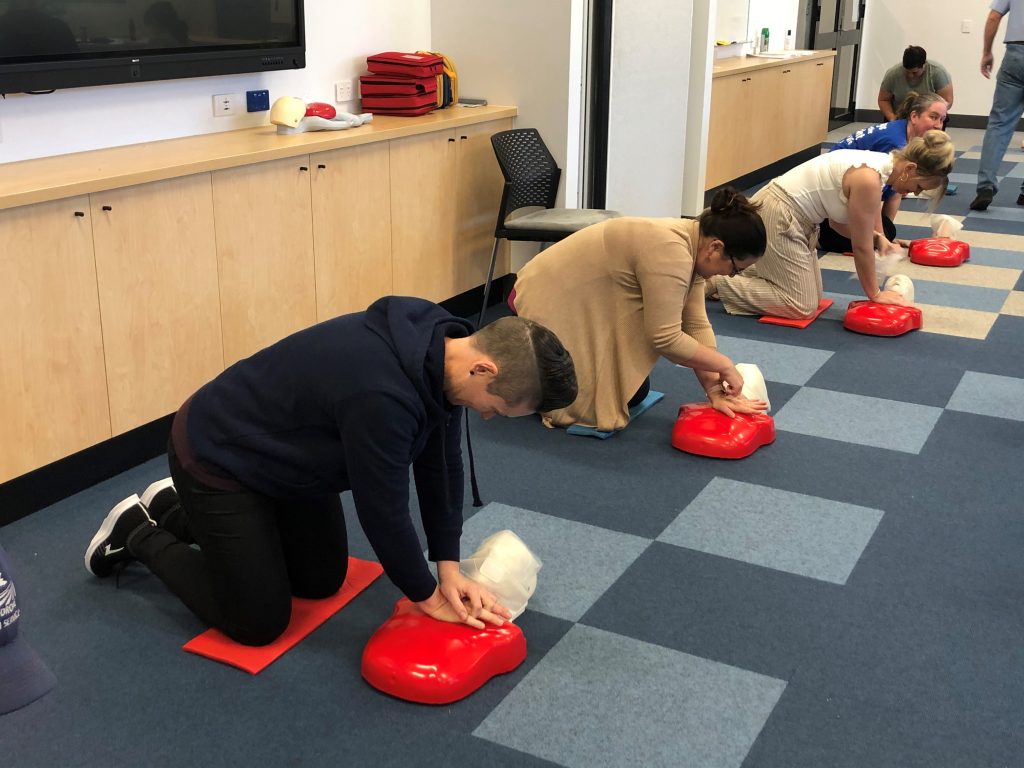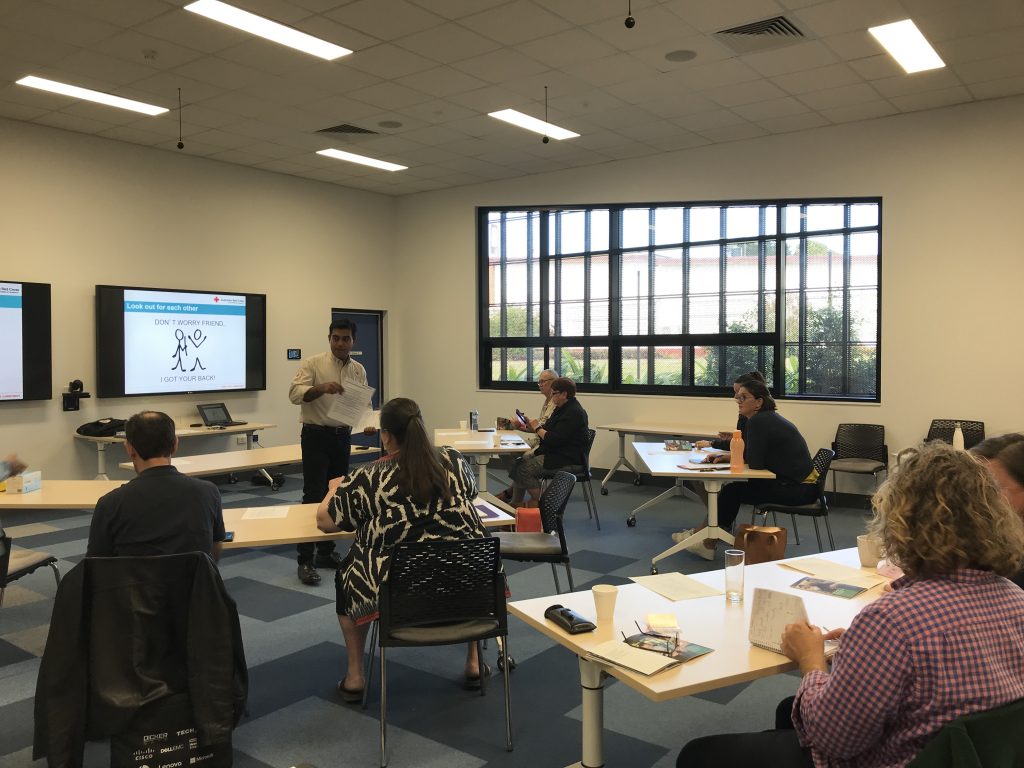Community stories: 20 May 2022
Since 2006, the Tablelands community in Far North Queensland has experienced three cyclones, floods in 2015, bushfires in 2018 and higher than average monsoonal rains – and the impacts of climate change will likely increase the frequency, duration and severity of these weather patterns and natural disasters over time. With such a small population, this community must be largely self-reliant when it comes to initial disaster responses. So, they need to ensure they are ready when the next disaster strikes.
Thanks to the support of a private donor, the Tablelands Regional Council was awarded a $25,000 grant through FRRR’s Strengthening Rural Communities (SRC) program to run a series of free workshops across the shire. Presented in partnership with Queensland Fire and Emergency Services, these programs were designed to better prepare residents before and during disasters and build resilience for the recovery process.
Seven different workshops were delivered, including First Aid training, Psychological First Aid training, Leadership in Disasters Workshops, Exercise Ready2Respond and Queensland Disaster Management Arrangements (QDMA) training. The workshops aimed to support inclusive and resilient communities, build community capacity and cultivate integrated health and wellbeing. They also helped prepare the community for the impacts of climate change, including more intense weather events in future years.
The funding made it possible for 270 people across the region to participate in the training. In particular, the realistic, scenario-based Community Disaster Team exercise helped the community prepare for the upcoming disaster season. The workshops provided valuable ideas to help families, homes and businesses recover from adversity and many community members provided positive feedback.
Officer in Charge of the Atherton Queensland Ambulance Service, Terry Cumming, felt the training had not only better informed the Atherton community but also alleviated the pressures on Emergency Services during a disaster.
“The effort of getting our community involved in training, and capacity building can only strengthen community resilience and help all emergency services in times of need.”




